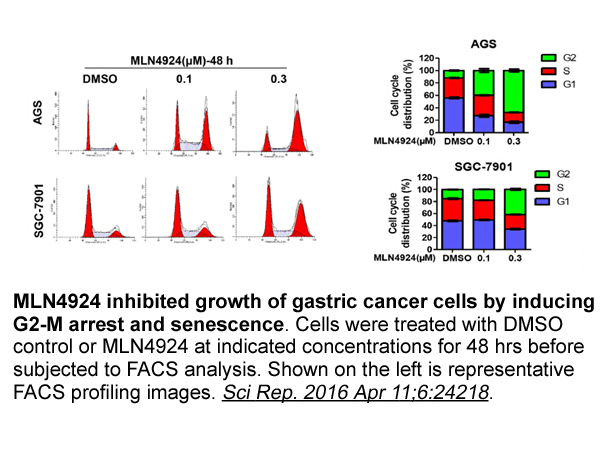Archives
br From a historical perspective Professional Medical Associ
From a historical perspective, Professional Medical Associations (PMAs) were developed as groups with a shared scientific interest or established by the authorities to act as a regulatory body. PMAs have different roles based on which country they U-73122 are located in and the health-care system in which they operate. PMAs can be involved in: education and training including Continuing Medical Education (CME), licensing, regulation, ethical issues, setting standards including clinical guidelines, and representing doctors interests. With regards to education, PMAs can be responsible for different areas of educational standards, such as the undergraduate curriculum in medical schools, postgraduate medical education in terms of internship and residency training, and CME. Additionally, they might be involved in examinations and within this role confer certification of qualifications.
Many PMAs also develop codes of et hics as guides to help in solving problems that doctors could be faced with in their practice of medicine, but also issues of conflict of interest with the pharmaceutical industry. For example, the European Society of Cardiology discusses how all promotional and educational activities supported by the industry need to comply with regulations developed by the European Federation of Pharmaceutical Industries and Associations and the International Federation of Pharmaceutical Manufacturers Associations as well as any national regulations that may exist.
Given this responsibility PMAs play a crucial part in health reforms globally. Despite these important roles, little research has been done on PMAs in low-income and middle-income countries. Recent work (2015–16) in Kyrgyzstan found that very few PMAs were active in many of the different key areas described above. In Kyrgyzstan there was a legal framework for the creation and the function of PMAs, but because of a scarcity in resources these associations are often unable to accomplish their stated responsibilities to their membership, the Ministry of Health, and the country.
hics as guides to help in solving problems that doctors could be faced with in their practice of medicine, but also issues of conflict of interest with the pharmaceutical industry. For example, the European Society of Cardiology discusses how all promotional and educational activities supported by the industry need to comply with regulations developed by the European Federation of Pharmaceutical Industries and Associations and the International Federation of Pharmaceutical Manufacturers Associations as well as any national regulations that may exist.
Given this responsibility PMAs play a crucial part in health reforms globally. Despite these important roles, little research has been done on PMAs in low-income and middle-income countries. Recent work (2015–16) in Kyrgyzstan found that very few PMAs were active in many of the different key areas described above. In Kyrgyzstan there was a legal framework for the creation and the function of PMAs, but because of a scarcity in resources these associations are often unable to accomplish their stated responsibilities to their membership, the Ministry of Health, and the country.
Sci-Hub is a pirate repository of scientific papers launched in 2011, and currently hosts more than 46 million articles. Thousands of people use this repository every day to access information, reaching more than 200 000 daily downloads of scientific articles that they would otherwise have to buy.
We present a dilemma in the form of Dr J, a Peruvian physician who is evaluating a patient with several infectious and chronic comorbidities—an experience not uncommon to clinicians in countries, like Peru, that experience the double burden of disease. Dr J believes he needs to review recent medical literature to decide the best management of this complex patient. However, his sources are scarce: his medical books are old and outdated; the medical conferences that he has attended in his country have not delved into this subject (and have serious conflicts of interest for being largely funded by players in the pharmaceutical industry); he does not have institutional access to the scientific papers he needs; and he does not have funding to cover the cost of the subscriptions. Additionally, initiatives offering access to biomedical and health literature to low-income and middle-income countries such as HINARI currently do not consider Peru as a candidate for benefit. The National Council of Science and Technology (CONCYTEC) has been providing access to Scopus since 2014 (with approximately 18 000 titles) and the ScienceDirect Freedom Collection (consisting of 2653 journals), yet few physicians can access these databases because cotyledon is only available for selected academic institutions and researchers who have accomplished specific milestones. Given this scenario, physicians face the following dilemma: is it ethical for them to use Sci-Hub (an illegal medium) to access the information required to provide the best and most timely care for their patients?